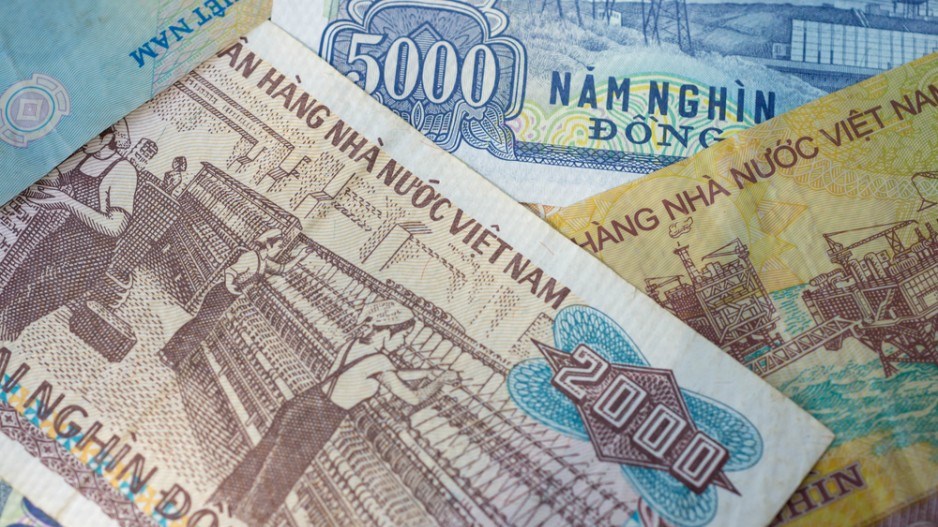Mostly down with oil and devaluation this week, but there was also a glimmer of upside opportunity with higher education.
Oil’s not well
Its slippery slope to the bargain basement continued apace accompanied by air raid sirens across the oilpatch and elsewhere in the country where energy resource exports fuel local economies, investment portfolios and retirement plans.
Among the messengers of doom: Foxbusiness.com and its “4% oil price crash sends energy stocks into freefall” dispatch and Reuters “U.S. oil fall longest in 29 years after China data”, which, along with a host of other sources, pointed to the continued glut of crude in the marketplace and the continued slowdown in China’s manufacturing sector.
All might not be lost, however, because some light was detected on the commodities horizon as several sources, including the Daily Oil Bulletin and Bloomberg Business, filed reports suggesting that analysts and other market deep-thinkers are betting that crude, along with other commodities like copper, has hit the bottom of the barrel and is set to rebound.
Even if they’re wrong, a down oil and commodities market has upsides here. It forces B.C. and other resource-revenue-addicted regions to shift focus to economic opportunities in technology and otherwise diversify their economies.
The downward dong and other devaluations for the nations
For other countries, there’s always the currency shell game.
Not long after China’s central bank pulled the trigger on devaluing the country’s renminbi, Vietnam, a fierce manufacturing competitor to China, devalued the dong and Kazakhstan, Borat’s fatherland and central Asia’s biggest crude oil exporter, watched its currency (the tenge) drop 23%.
But currency devaluation as a strategy for propping up exports just ain’t what it used to be.
A News Behind posting pointed to a recent World Bank study of 46 countries, which concluded that devaluations, strategic or other, don’t pump up the tires on sovereign economies like they did a couple of decades ago.
Main reason: the rise of the global supply chain and the new complexities of where products and their parts are manufactured and assembled. So while a devalued Australian dollar might make a bottle of Aussie shiraz more appealing in the global market, a devalued yuan will not necessarily make a complex product like a smartphone cheaper because its various parts come from a wide assortment of nations.
As an example of devaluation’s eroded impact in the world economy, the article deferred to Brown Brothers Harriman’s global head of currency strategy, who “pointed out that the Japanese yen had fallen more than 17% against the dollar in the past year and yet Japan’s exports in the three months to June posted the biggest quarterly decline in five years.”
No water anywhere
As with devaluations, liquid assets are not what they used to be, especially in California, where Fox Business News reported that the 2015 bill for the ongoing drought in the Golden State, which is quickly becoming far more brown than golden is heading toward US$2.7 billion. That’s up from the US$2.2 billion in 2014.
In B.C., traditionally a keen follower of fads in trendy California, the normally sodden Wet Coast is likewise drying up fast. Expect multimillion-dollar bills heading our way soon if the rains don’t return.
Higher education generating hire education?
Fortunately, enlightened local post-secondary institutions are working to ensure upcoming generations are outfitted with the educational tools to tap current and future economic opportunities in wet or dry conditions.
Kwantlen Polytechnic University’s Introduction to Professional Management of Marijuana for Medical Purposes in Canada takes the prize this week .
Hopefully, someone in the halls of Surrey’s academe will also be arming students with the dollars and sense of a business plan for launching a medical marijuana operation and answering such questions as: Does medical marijuana joint generate more than publicity? Legitimate cash flow, perhaps? Profit? Long-term employment?




